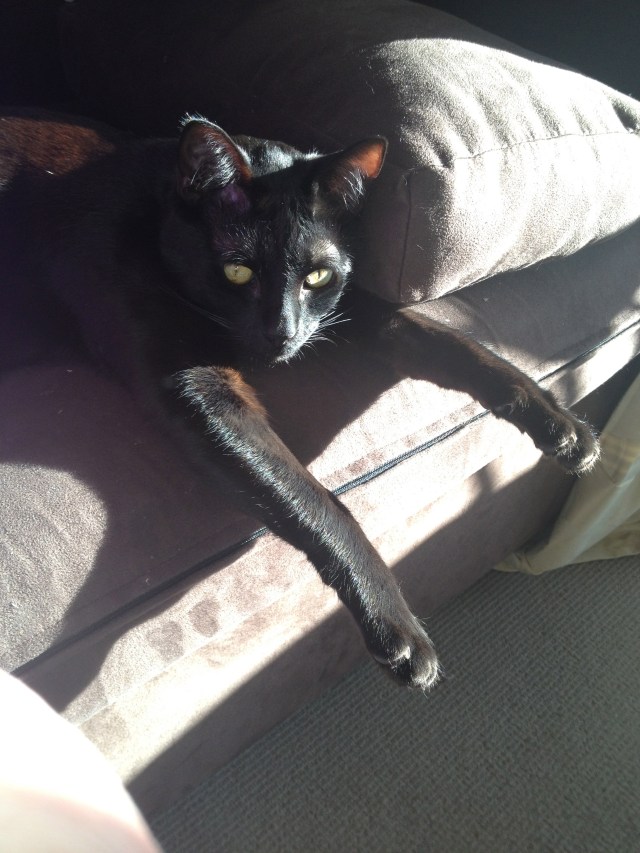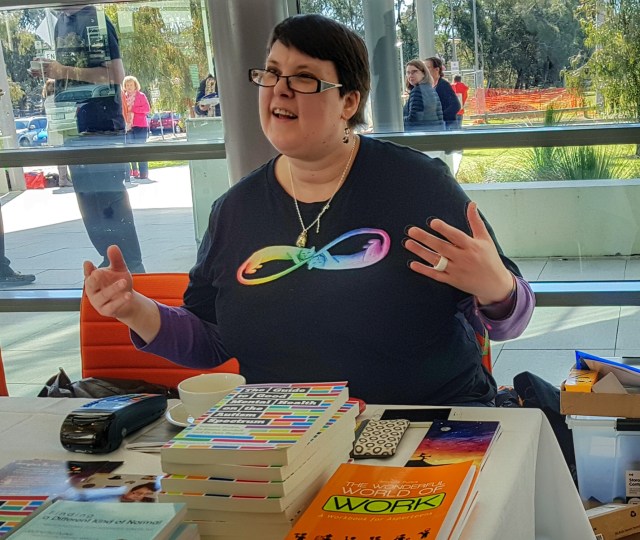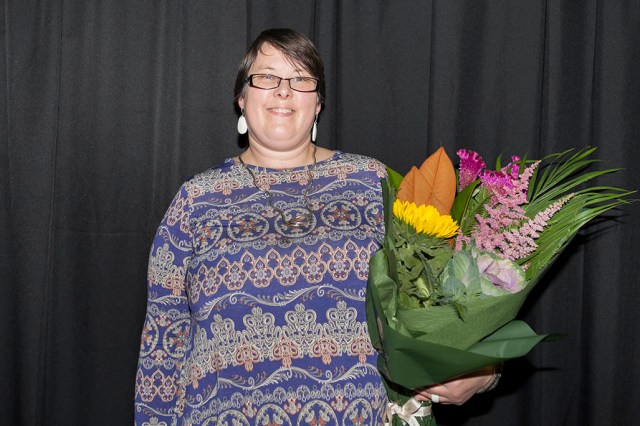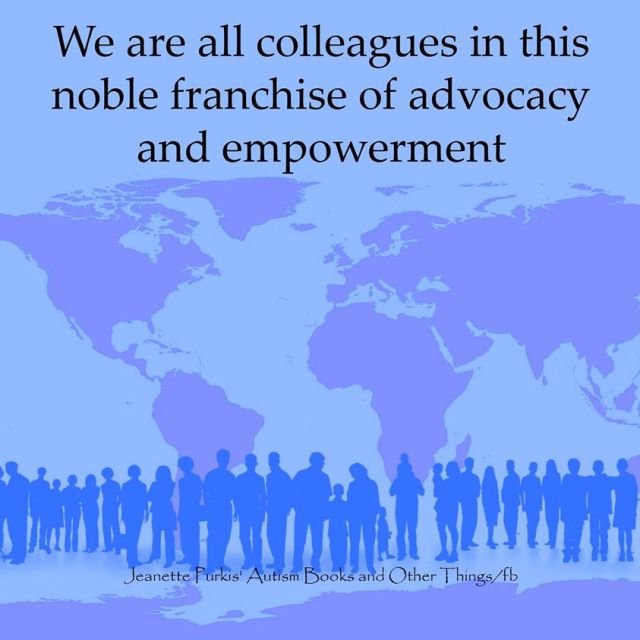I’m not sure if this is the case for anyone else but the older I get, the worse my sensory sensitivities are. I used to be able to eat almost anything and it all tasted good and had a texture which didn’t revolt me. Now I am anxious about going to restaurants in case they have nothing I can happily eat. I eat exactly the same dish every night unless I get take away, in which case I usually order the same dish! (Except for pizza. I think it’s pretty hard to make pizza horrible). To the horror of my vegetarian, vegan and health conscious friends, the things I am able to eat mostly come from the meat group or the sugar group! I am only 42 so worry that if I get old I might only have one thing I can eat!
I also have an increasingly heightened sense of smell. I have always had an acute sense of smell but it is getting ridiculous. The MC at the event I spoke at yesterday was running around all day and was evidently concerned he might be a bit stinky. I watched in horror as he liberally squirted himself with some foul deodorant thing. It permeated the room for hours! And public toilets are possibly my least favourite place at the moment. I work in a big office building and going to the bathroom can be a disturbing and overwhelming experience. It’s not that my colleagues are gross. They aren’t at all – it’s that my smell is incredibly sensitive so any unpleasant smell is magnified beyond normal levels.
And the one I have not experienced much before but which I find I get quote a lot these days is a variety of auditory sensitivities. The sounds of construction work are the worst. That noise results in an almost murderous rage. I have to be somewhere else if construction is going on. I also hate water sounds indoors and any unidentified mechanical humming sounds. Sometimes I can feel a building trembling in time to some machinery sound. It’s horrible.
I’m pretty certain my Autistic readers will all be reading this and thinking ‘yup. Sensory stiff is nasty.’ Although their sensitivities may be different to mine. Most Autistic people seem to have heightened senses. For some these can be pleasant but for many they are negative and can be highly upsetting.
I think one of the worst thing about sensory issues is the lack of understanding that the wider world has about them. For me, some sensory experiences are completely overwhelming and either cause furious anger or severe anxiety. When they are happening I find it almost impossible to concentrate on the things going on at the same time.If I am at work in a meeting and there are construction sounds nearby I will not be very attentive to the discussion in the meeting. It would probably look like I was not paying attention. I don’t think anyone else would be thinking about the background noise. They may not even be aware of it but for me is is boring into my brain and making me want yell and swear and run away but none of those things are appropriate in the workplace. Of course I have a very supportive and lovely employer so if sensory issues were impacting my performance at work I would feel very happy to tell my manager who would consult with me about the issue and we would work together to resolve it, But not everyone has that kind of workplace nd some people are ‘suffering in silence,’ so to speak.
Imagine if you are a person who has not disclosed their Autism with their manager and a significant sensory issue comes up. You have to do something about it so you try to explain to your manager what the issue is. They have no frame of reference for what you are saying. It is a situation which s completely outside of their experience. That usually means that the person – no matter how kind or supportive they are – has very little way to understand your experience and empathise with you. They might ask something like ‘You can hear the fluorescent lights buzzing? Have you been smoking weed or something?’ That lack of understanding tends to lead to a lack of taking your concern seriously.
Another issue is explaining your need for the station to change to people who are themselves the cause of sensory issues – the neighbour who plays music with booming bass which drives you to distraction, for example. In a neighbour situation, it can be horrific. People have sold their houses over this sort of issue. In fact raising noise or other issues with neighbours can also result in conflict and blame which can compound one issue with another,
Remember that your experience is correct. Just because other people haven’t experienced it does not invalidate it. Articulating what the issue is and thinking of some strategies to address it can be useful. For me, I often play music or the TV when I am at home and there are noises which upset me. If it is overwhelming and this is feasible, I will leave the house. The toilet situation at work is beyond my powers to fix – you can’t really ask people to stop going to the toilet! I tell myself I have to go there and that I will only be in the cubicle for a little while, which doesn’t address the experience but which helps me to cope better. With he food sensitivities, I look at the menu of a restaurant I am going to online the day before and research any ingredients or processes I haven’t come across.Then I know what to order and am much less anxious But this stuff is really difficult. I would like to to see more information for non-autistic people about sensory issues and what they mean to people experiencing them.






